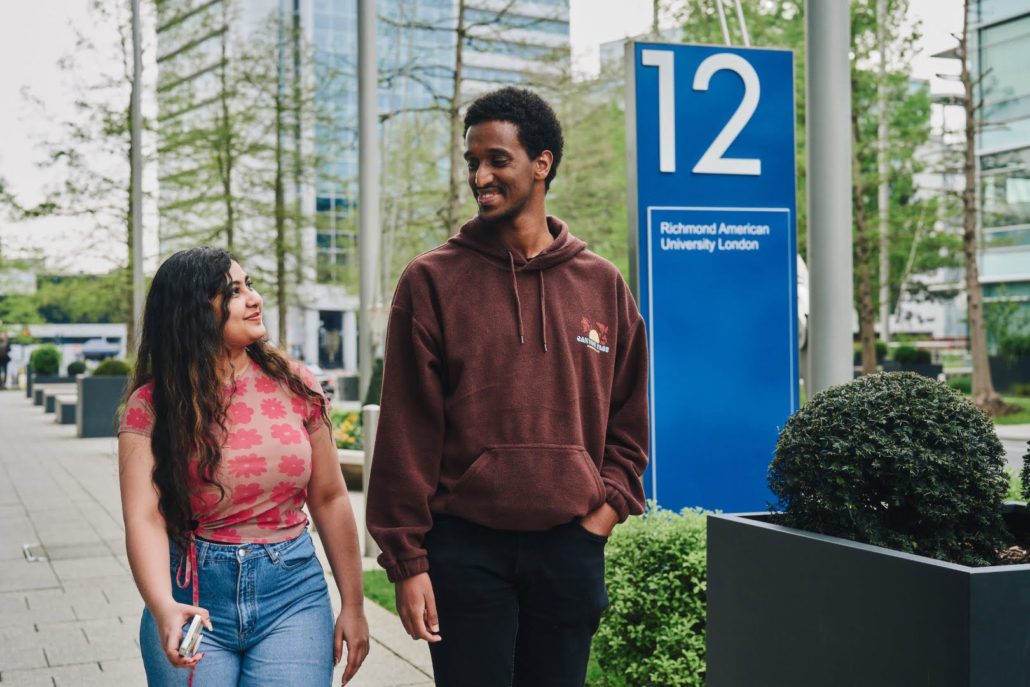Minor in International Relations
|
US Credits
|
UK Credits
|
| TWO of the following: |
6 |
24 |
- INR 3100 World Politics
This course engages students with world politics with an emphasis on understanding the possibility of and mechanisms for international cooperation in the contemporary international system. We look at inter-state cooperation in the form of treaties, diplomacy, norms and institutions (such as the UN), as well as informal modes of cooperation. We then turn to non-state actors such as companies, charities, NGOs, social movements and individuals and address their impact on cooperation and conflict in world politics. Finally, the course looks at the rise of ‘Great Powers’, reflecting on the costs and benefits of strategies of conflict or cooperation in response to changes in the hierarchies of world politics.
|
3 |
12 |
- INR 4100 Introduction to International Relations
This course is a broad introductory survey of international relations. It acquaints students with the fundamental concepts and theories used in the discipline that help us make sense of our political world, and are crucial for further analysis of the field. The course gives students a taste of the theoretical debates and practical dynamics of global politics. It further examines some of the major challenges that humanity faces in the 21st century. Students get a chance to learn about and take part in the major debates of the discipline, for example concerning actors in the international system, the sources of insecurity, the relevance of economics to international politics, the importance of fighting poverty and underdevelopment, questions about how best to address environmental challenges, whether the state is still important and if globalization is a phenomena of the 20th century.
|
3 |
12 |
- INR 4101 Global Politics in the 21st Century
This course addresses some of the most pressing contemporary challenges in global politics. It begins by examining major changes and trends in the actors, dynamics, motivations and interests that dominate international politics in the 21st century, and the unique impact of globalization and other contemporary global dynamics on these changes. Questions are asked about what the key issues in the contemporary study of International Relations should be in light of approaches to IR. In response, we consider the proliferation and impact of non-state actors, from global civil society, to terrorist organizations, to for-profit corporations, to Private Military and Security Companies (PMSCs). We explore a range of global challenges, from transnational terrorism to migration, climate change and pandemics, disinformation and cyber-attacks and Weapons of Mass Destruction, and learn about the various responses of states and institutions, and their shortcomings.
|
3 |
12 |
| plus FOUR of the following: |
Minimum of 12 |
Minimum of 24 |
- CRM 5400 Terrorism and Counterterrorism
In the wake of 9-11 Islamist attack and the 22 July 2011 Norway ‘lone wolf’ radical right massacre, terrorism and counterterrorism have come to dominate political agendas and media discourse across the US and Europe. Through a comparative analysis of the history of US and EU responses to 21st century terrorism this class studies the nature of the threats to Western security by examining types of terrorism and the development, strategies and theories surrounding terrorism. Given special attention in this class are: victims and perpetrators; processes of violent radicalisation; typologies of terror (religious extremism, political violence, regional separatism, state-sponsored terror and animal rights/ecological activism); and what can be done to counter and/or limit terrorism (surveillance/policing/de-radicalisation/education/social media); as well as how effective such practices are.
|
3 |
12 |
- INR 5105 International Human Rights
This course will cover the evolution of international human rights and of the various regional and international treaties and institutions designed for their protection. It will interrogate the fundamental tension between state sovereignty and individual rights and explore examples and case studies from around the world for the causes for human rights violations and the responses to them. It will further examine the meaning of human rights in various western and non-western political and cultural contexts and examine their impact on people living in these contexts. Students will have an opportunity to critically evaluate a number of specific human rights and explore the motivations and barriers for their protection, and the role of a range of actors who promote or push back against the idea of international human rights.
|
3 |
12 |
- INR 5101 Conflict & Conflict Resolution
This course provides overview of different theories and frameworks for understanding international and sub-national conflict, discussing the role of different forms of violence, identity, material factors, security concerns and basic human needs in the outbreak and reproduction of conflicts. The course then focuses on conflict resolution, including examination of different types of external interventions, military and non-military, and develops analytical criteria of success in peace building. Finally, the course considers the particular issues that arise in countries which have experienced and are experiencing civil wars. Case studies of civil and international conflicts, and of related conflict resolution strategies are used throughout.
|
3 |
12 |
- INR 6105 Security Studies
This course examines enduring and contemporary questions of security and insecurity in the international system. Security has traditionally been defined in terms of strategic state politics and the use of military force to counter external military threats. However, contemporary sources of insecurity raise questions about the continued relevance of traditional theories of security. New security threats (such as human security, environmental security, cyber security) have been defined both in the academic literature and by state security strategies. This course critically evaluates these developments using IR and security studies theories, supplemented by practical case-studies. Students investigate the definition of the term security and threats to security, questions about the referent object of security, the root causes of insecurity and the methods of eliminating or lessening such threats.
|
4 |
16 |
- INR 6102 Politics of International Law
This course examines the concept, scope and nature of Public International Law and its significance in the context of the international political system. It examines the sources of international law, theories of state participation and compliance, and legal-political mechanisms of enforcements. The course explores key issues in international law such as: the rights and duties of states, economic and environmental law, the legality of the use of force and of the conduct of warfare, human rights and international criminal law, the role of international tribunals and more. Students consider the politics of law-making, compliance and enforcement in different issue areas, and contend with the impact of fragmentation and self-regulation on the effectiveness of international law in a range of case studies.
|
4 |
16 |
- INR 6104 Peace and Justice
The course explores various philosophical, political and cultural traditions on peace and non-violence, and focuses on the important and problematic relationship between peace and justice and the local and global levels, and the influence of different actors. The course combines a theoretical and comparative approach to learn from cases about the conditions that made peace successful or unsuccessful, and considers the legacy of the ‘peace versus justice’ debate. The course also explores the lessons learned from transitional justice policies and experiences, the role of the UN and its agencies and the impact of non-state actors and organizations, and considers the extent to which a single global standard (i.e. Western) of justice can be agreed and implemented, and what alternative approaches to the liberal view of peace and justice are explored in different cultural and political contexts.
|
4 |
16 |
| Minor Requirements |
18 |
36 |








